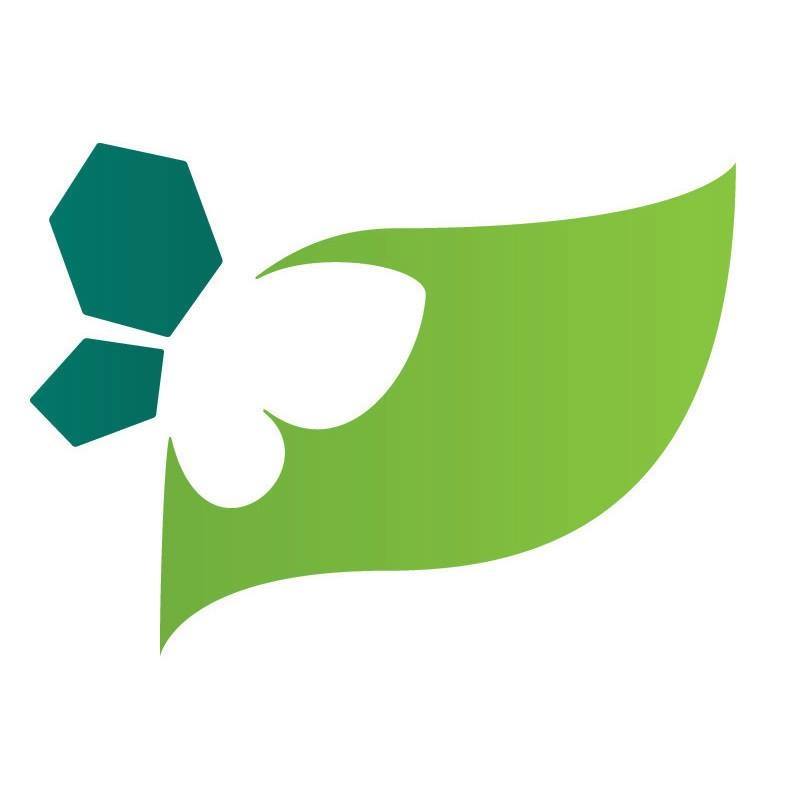Max Planck Institute for Chemical Ecology

Max Planck Institute for Chemical Ecology
About Max Planck Institute for Chemical Ecology
Max Planck Institute for Chemical Ecology was established in the year 1996. Located on Beutenberg Campus in Jena, this institute has five departments and seven independent research groups. This institute is devoted to the study of the role of chemical signals between living organisms and their environment. Currently, this institute has 350 coworkers including guests and students.
Image of university

Overall Ranking of Max Planck Institute for Chemical Ecology
The rank of this institute is not available on Edurank.
Courses offered for International Students
This Institute offers a different range of programs under the following departments:
- Department of Biochemistry
- Department of Evolutionary Neuroethology
- Department of Insect Symbiosis
- Department of Molecular Ecology
- Department of Natural Product Biosynthesis
This Institute also has Independent Research Groups:
- Max Planck Research Group Predators and Toxic Prey
- Lise Meitner Research Group Social Behaviour
- Max Planck Fellow Group Plankton Community Interaction
- Research Group Plant Defense Physiology
- Entomology (Emeritus Group)
- Research Group Olfactory Coding
- Max Planck Research Group Extreme Events
Scholarships & Financial aids:
data unavailable.
Internships near Max Planck Institute for Chemical Ecology
This Institute offers student internships for institute’s students. Students can check the institute’s website for further details. Apart from that, Amazon Deutschlnd E1 Transport, Amazon Fulfillment Germany Gmb, Bauerfeind AG, FC Carl Zeiss Jena Fußball Spielbetriebs GmbH,MDC Power etc companies hire students for internships in Jena.
Jobs near the University
Students can work as ‘HiWi’ on research projects at university. They can also search on job portals for part-time jobs. Some off-campus jobs like a private tutor, cashier, bartender, waiter, or waitress at a cafe, etc are available in the job market. Moreover, companies like Zenjob GmbH, Thüringer Aufbaubank, Trumpf, Accenture etc offer job oppurtunies.
Housing and Accommodation
Students can get help with the arrangement of their arrival as well as finding accommodation. Students are obliged to apply for accommodation as soon as possible before their arrival. Students can get a one-room apartment in a university guest house for a maximum of 2 years. The rent will not be more than 450 Euros per month.
Cost of Living
This Institute does not charge any tuition fees. Students have to pay a semester contribution of 236.48 Euros per semester which includes a semester ticket that allows students to use public transport for free in Jena. The average cost of living will be around 700 Euros-800 Euros per month.
Places to visit near the University
Jena is a German city that is best known for the wide range of wild orchids which can be found within the walking distance of the town. This city is also known for its optical museum. Some popular places to visit in Jena are as follows:
- Jen Tower-It is the tallest skyscraper located in the city.
- Leuchtenburg- It is a medieval castle and has a porcelain museum.
- Optical Museum Jena-It is the best place to know about how Jena became the center of Germany’s optical industry.
- Phyletic Museum- It is a museum that explains evolution to the public.
- Deutsches Optisches Museum- It is a science and technology museum that gives a technical and cultural-historical survey of the development of optical instruments.
This institute provides support to the students in the fields of NMR, mass spectrometry, statistical analyses, and microscopic imaging. They also give opportunities to their young researchers to conduct their own research as heads of Max Planck Research Groups.

